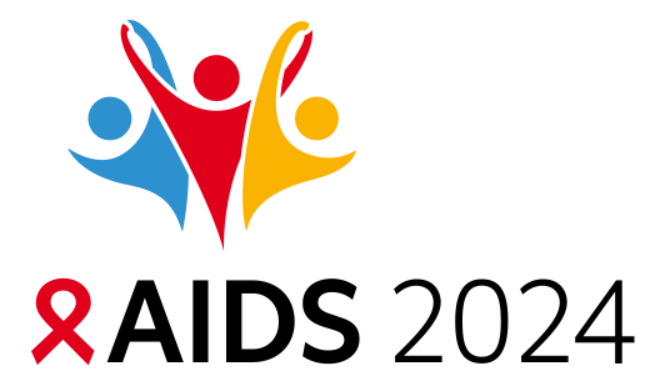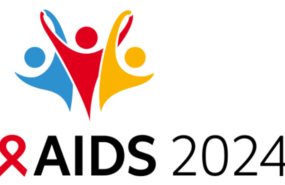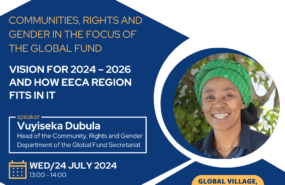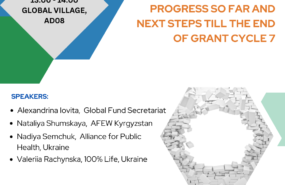UNAIDS TSM: Annual report 2020–2021
- 09.06.2022 13:54
- Post Views: 190
UNAIDS has developed a TSM Annual Report which provides an overview of the achievements of the UNAIDS Technical Support Mechanism (TSM) for the 1 October 2020 to 30 September 2021 reporting period. It highlights the provision of high-quality technical support to enable countries to respond effectively to the HIV epidemic, including mitigating the impact of COVID-19 on HIV programmes.
Scope of TSM’s Technical Assistance to the Global Fund
- Progress against the year 2 multi-year results framework (MRF) result areas has been strong. Against 498 milestone targets in year 2, 367 targets have been achieved while a further 270 are ongoing into year 3.
- The TSM undertook 251 technical assistance fund (TAF) assignments in 55 countries across six regions over the 2020–2021 reporting period. There were 220 assignments in three priority regions—78 in eastern and southern Africa (ESA), 67 in western and central Africa (WCA), and 75 in Asia and the Pacific (AP)—as well as 28 assignments across Latin America and the Caribbean (LAC), eastern Europe and central Asia (EECA), and the Middle East and North Africa (MENA), in addition to three global assignments.
- The TSM supported countries to develop robust national proposals to access funding through multiple funding windows of the Global Fund and helped raise US$ 263,833,556 for nine countries in Windows 4 and 5 of the current funding cycle.
- Through the Global Fund’s C19RM, the TSM helped mobilize US$ 181,247,441 for eight countries to mitigate the impact of COVID on national HIV and HIV/TB programmes.
- Eighteen countries benefited from peer reviews and other support provided through a TSM Virtual Support Desk resulting in more robust proposals.
Key results through TSM support
- Twenty countries strengthened their evidence base for decision-making for HIV and COVID-19 mitigation and for policy shifts to scale-up implementation through innovative programmes or service delivery models to mitigate the impact of COVID-19 on HIV services.
- Community-led responses and community-led monitoring (CLM) were strengthened in more than 15 countries.
- Ten countries increased the accessibility of life-saving HIV treatment and prevention services in the context of COVID service disruption by extending community-led differentiated service delivery models.
- Sixteen countries engaged community-led organizations in national or subnational policy or programmatic decision-making towards their Global Fund funding applications.
- Twelve countries generated or used evidence to address discriminatory laws, human rights barriers, and gender inequalities through programming, including gender assessments of the HIV response in nine countries.
- Twenty-five countries developed national and subnational strategies for scaling up programmes to increase and maximize the impact of domestic or international resources.
- Six countries developed investment cases or efficiency analyses. Eight countries have identified steps for donor funding transition, and ten countries have explored alternative models for sustainable funding for community-led responses. Over 40 countries have implemented or are in the process of implementing the People Living with HIV Stigma Index 2.0, empowering networks of people living with HIV to generate vital data and undertake advocacy initiatives to reduce HIV-related stigma and discrimination and address intersectionalities.
- Anti-stigma advocacy campaigns linked to the Global Partnership for Action to Eliminate All Forms of HIV-Related Stigma and Discrimination were conducted in four countries.
- Seven regional thematic groups of the Civil Society Institute for HIV and Health in WCA (CSIH-WCA) contributed to capacity development for improved community responses, with 337 direct capacity development beneficiaries, including 86 civil society organizations (CSOs), platforms and networks across 14 countries.
- Networks of women living with HIV in three countries received technical support and were actively engaged in the process of the WHO validation of the elimination of mother-to-child transmission (eMTCT) and in advocacy efforts against forced sterilization and other forms of obstetric violence.
Related News
AIDS 2024: Communities, Rights and Gender in the Focus of the Global Fund: vision for 2024 – 2026 and how EECA region fits in it
24.07. at 13.00 join the community Dialogue with the Head of Community, Rights & Gender Department in the Global Fund Secretariat Post Views: 15 Read moreAIDS 2024: Global Fund Breaking Down Barriers Initiative in EECA: progress so far and next steps till the end of Gran Cycle 7
On the 23rd of July at 13.00 join the session with Alexandrina Iovita, Senior Technical Advisor, Human Rights, Community Rights and Gender Department, Global Fund Secretariat Post Views: 12 Read moreEECA Region Space Schedule during AIDS 2024

Welcome to the EECA Region Space at the Global Village during AIDS 2024 Conference! Our dedicated space at the Global Village is designed to highlight the unique perspectives and experiences of the EECA region, fostering collaboration and inspiring action. Join us for a series of engaging sessions, workshops, and presentations that will explore a wide range of topics.
Services for migrants and refugees from Ukraine – HIV/TB care with a focus on key populations
Due to the increasing flows of refugees from Ukraine because of Russia’s invasion of Ukraine, the EECA Regional Platform created a spreadsheet to fill contacts details of face-to-face and online services for refugees and migrants (with a focus on HIV/TB care and key population groups).
Regional Platform – EECA
This web-resource is a part of new regional communication and coordination project “Regional Civil Society and Community Support, Coordination and Communication Platform - EECA”, implemented by Eurasian Harm Reduction Association (EHRA).
Tags
See also
-
Events with Global Fund Speakers at AIDS 2024 17.07.2024 14:43
-
EECA Region Space Schedule during AIDS 2024 12.07.2024 11:14
-
Two Requests for Proposals from the Global Fund 04.07.2024 11:42
-
EECA’s Regional Platform monthly Newsletter #6, July 2024 04.07.2024 11:28







